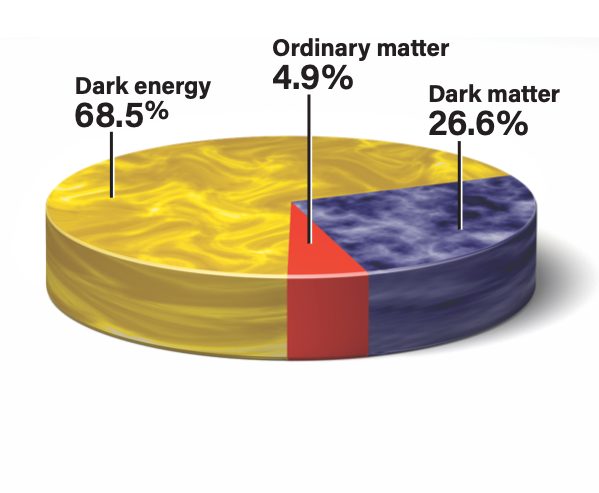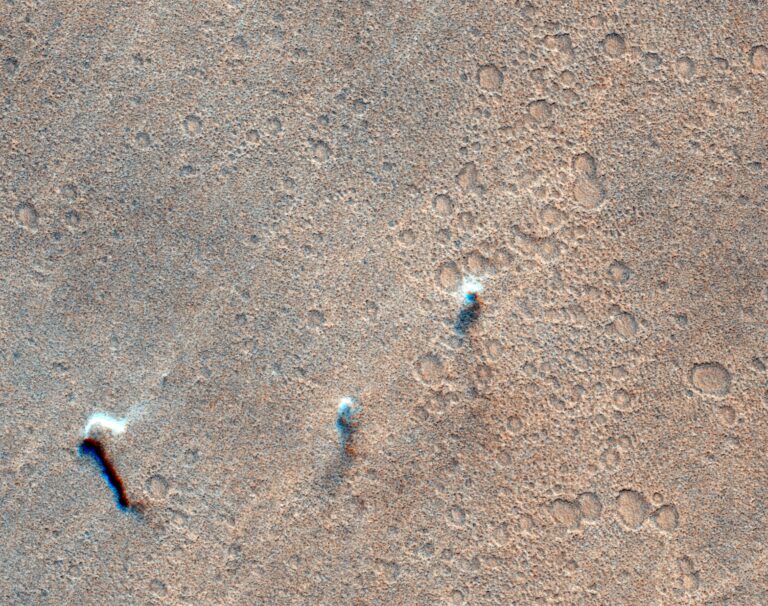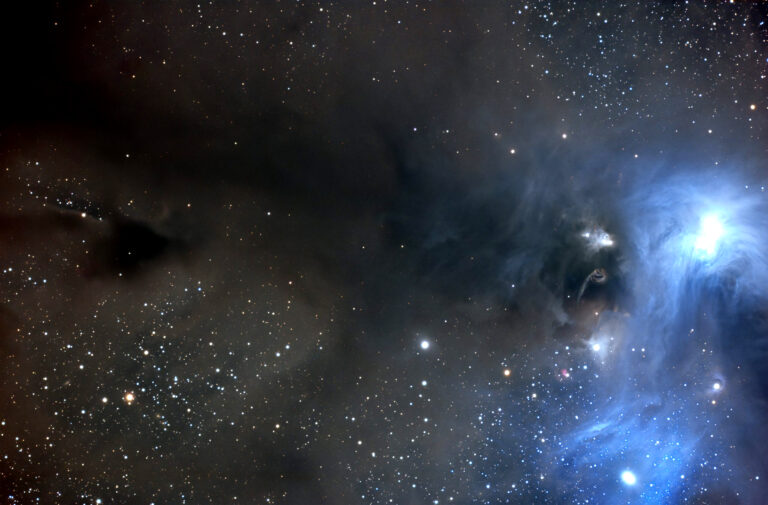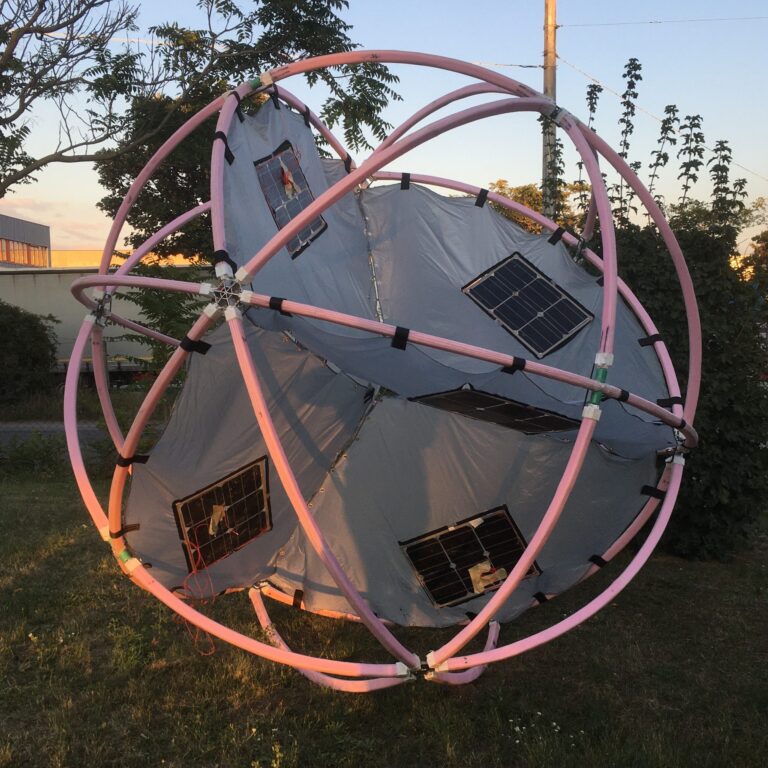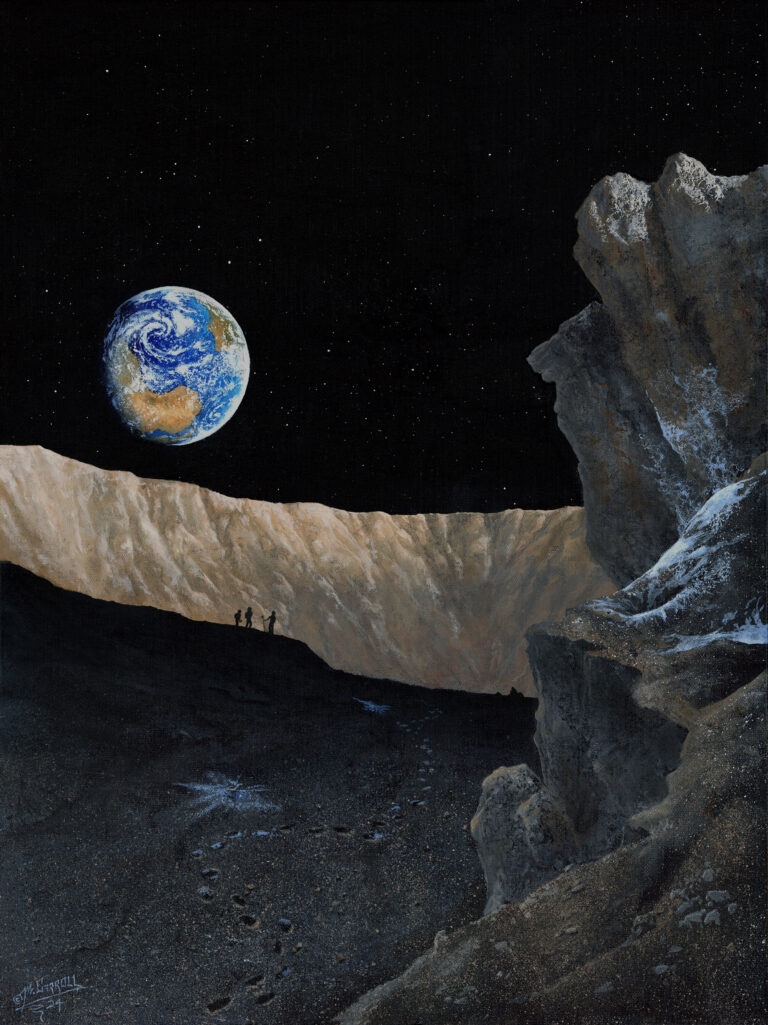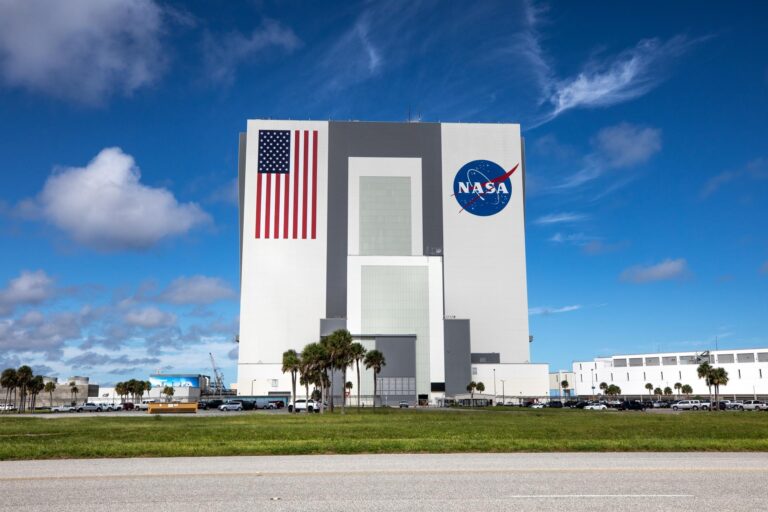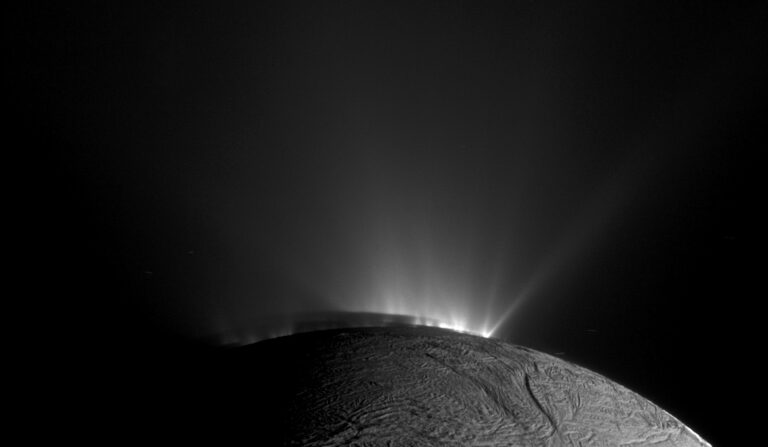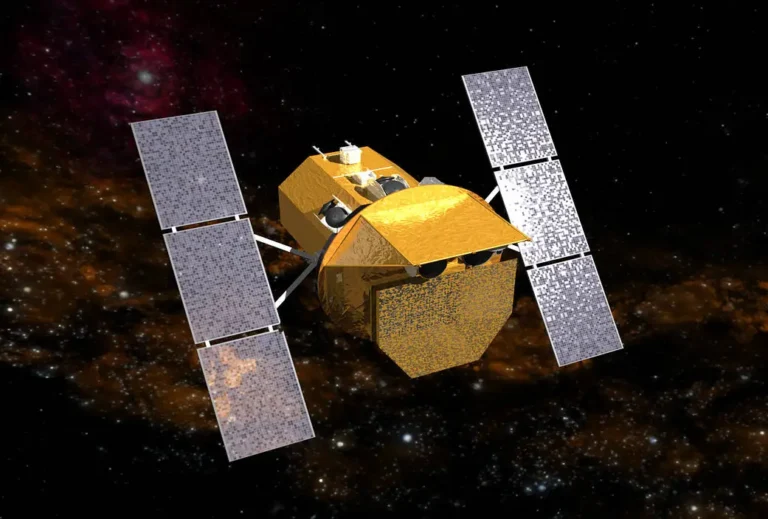Key Takeaways:
I live near Woodstock, New York, home to idealists who would love to establish a happy, lute-playing colony in a bubble on Mars. But the cold truth is space is terribly dangerous. Murphy’s Law already has caught on beyond our atmosphere. We reviewed some well-known space tragedies 2 years ago after Columbia was lost (“Trial by fire,” July 2003). Now, let’s look at some lesser-known events that illustrate just how perilous it is to venture beyond our protective envelope of air.
Start with the very first person who did just that — the first spacewalker, Soviet cosmonaut Aleksei Leonov. On March 18, 1965, when he left his Voskhod 2 capsule and drifted into the void, a weird thing happened. His space suit — a brand-new design — started expanding. The flexible, pressurized material grew larger, like an inflating balloon. When it came time for him to return to the ship, he couldn’t fit through the hatch.
Imagine yourself in this predicament. What do you do?
Leonov tried releasing some of the pressure, but the suit already had stretched and wouldn’t shrink enough. Finally, when the pressure was down past the safety limit and things were getting desperate — his air was now so tenuous he was in danger of losing consciousness — he managed with great effort to squeeze himself back in. Close call.
In space or on the Moon, unprotected skin on a person’s shadowed side freezes because it’s at least –250° Fahrenheit (–160° Celsius). Simultaneously, brutal ultraviolet-C — never experienced on Earth because our atmosphere blocks it — fries a body’s sunlit side. Together with old-fashioned UV-B — 250 times more intense in space than on a summer beach — skin blisters and burns in about 14 seconds.
Wait, it gets worse. Water boils at ever-decreasing temperatures as one encounters lower air pressure, as in mountain climbing. That’s why Denver’s coffee is 10° cooler than Boston’s. Climbers on high peaks can’t make a good cup of tea without a pressure device because water boils when merely warm.
The critical altitude, called Armstrong’s Line, is 63,000 feet (19,000 meters). At that elevation, water’s boiling point is the body temperature of 98.6° F (37° C). If you go that high or higher, your blood boils automatically.
This is what happened to three unfortunate Soviet cosmonauts in 1971 when a vent popped open while they were still in space. Although they tried desperately to close it, their capsule’s air was gone in a minute. Even before the air had left, their blood started boiling into gas.
In space, every liquidy part of the body — such as eyes — will boil and freeze at the same time. This morbidly fascinating demonstration is a physics-lab favorite: Liquids boil wildly but then freeze solid instantly to form a chaotic-looking ice sculpture.
Another little-known peril was encountered by all the Apollo astronauts once they had left the vicinity of Earth’s protective magnetic field. They each saw “meteors” whiz in front of their eyes — zips of light, about once a minute. Now, these were military aviators who knew the ropes: You do not report any physical or mental problems unless your head is visibly detaching itself from your body. But crew conversations convinced them everyone was experiencing these bizarre fireworks, so they reported it. Medical experts concluded that cosmic rays had been dashing through their skulls, setting off false signals inside their brains.
Is this really good for you? The long-term health effects are unknown, but they’re worrisome. Radiation in space is unavoidable and penetrates space suits and crew with high-energy protons and heavy ions. NASA is trying to learn more: On June 29, 2005, it announced funding for 21 separate space-radiation research proposals.
Apparently, there are two degrees of separation from Earth. It’s bold to go beyond our atmosphere. But it’s even bolder to venture beyond our magnetosphere.
And quite suddenly, November in northern states doesn’t seem that bad. Not so bad at all.


